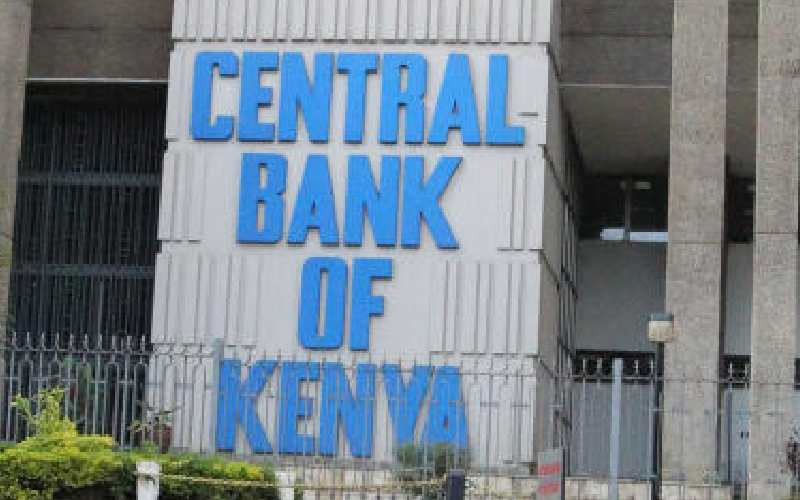×
The Standard e-Paper
Fearless, Trusted News

Central Bank of Kenya head office in Nairobi. [Jonah Onyango, Standard]
Remarks by Deputy President Rigathi Gachagua that the Central Bank of Kenya (CBK) did not have enough foreign exchange reserves (forex) to be used by oil importers has generated debate on how exactly the foreign exchange market works.